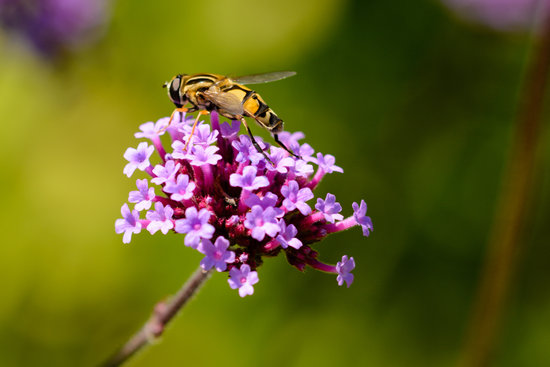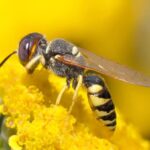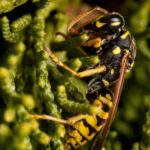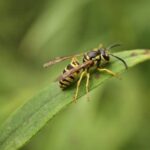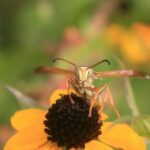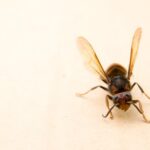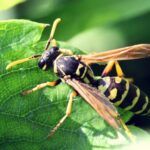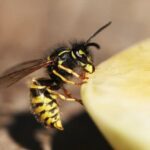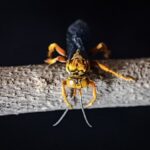What Wasps Are Good For
Despite their annoying nature, wasps are an important part of the ecosystem. They are pest controllers, pollinators, and nutrient cycling agents. In fact, a major scientific review of ecosystem services revealed that wasps are key to regulating insect populations.
Wasps are also beneficial in crop agriculture, as parasitic wasps are used to control crop-devouring insects. In fact, at least half of all wasp species are parasitic. These wereps feed on their hosts and their offspring, consuming the host from inside out.
Throughout the summer, social wasps feed on a variety of food sources. In the UK, for instance, these predators capture 14 million kilograms of insects each year, including greenfly, caterpillars, and spiders. They also control a number of insects, such as brown marmorated stink bugs.
These predatory insects are also valuable to farmers, as they protect crops from disease and pests. In fact, the use of predatory insects to protect crops is estimated at $400bn a year.
While wasps are often seen as pests, they are also a very nutritious snack. A wasp’s diet includes a variety of foods, including fruit, animal carcasses, nectar, and pollen. In addition, wasps regurgitate food to feed their young.
These insects are also beneficial to humans, as they sting when they are disturbed, resulting in a painful reaction. In addition, a wasp’s venom is effective at killing cancerous cells, and researchers are now studying its potential as a cancer treatment.
The US Forest Service has an online page on wasp pollination.
